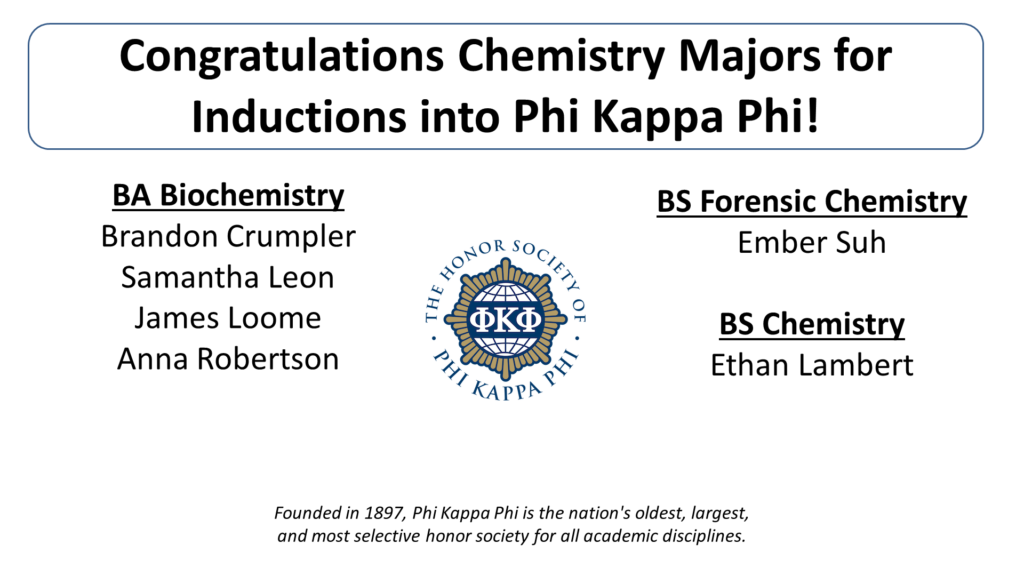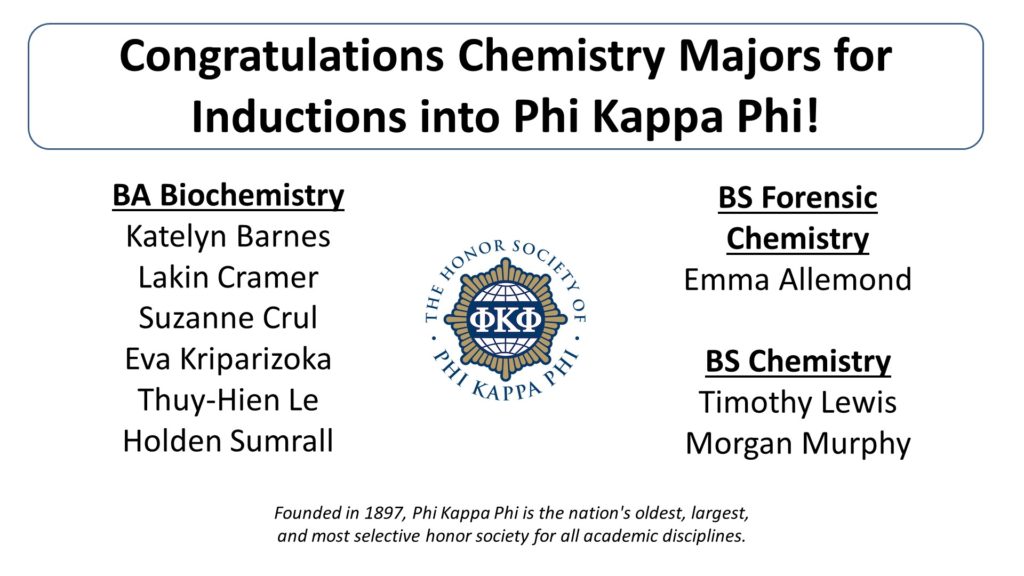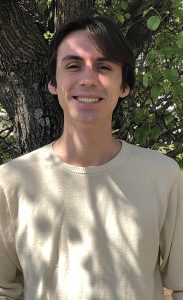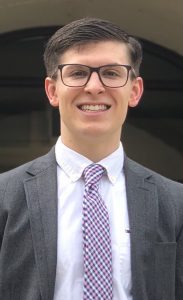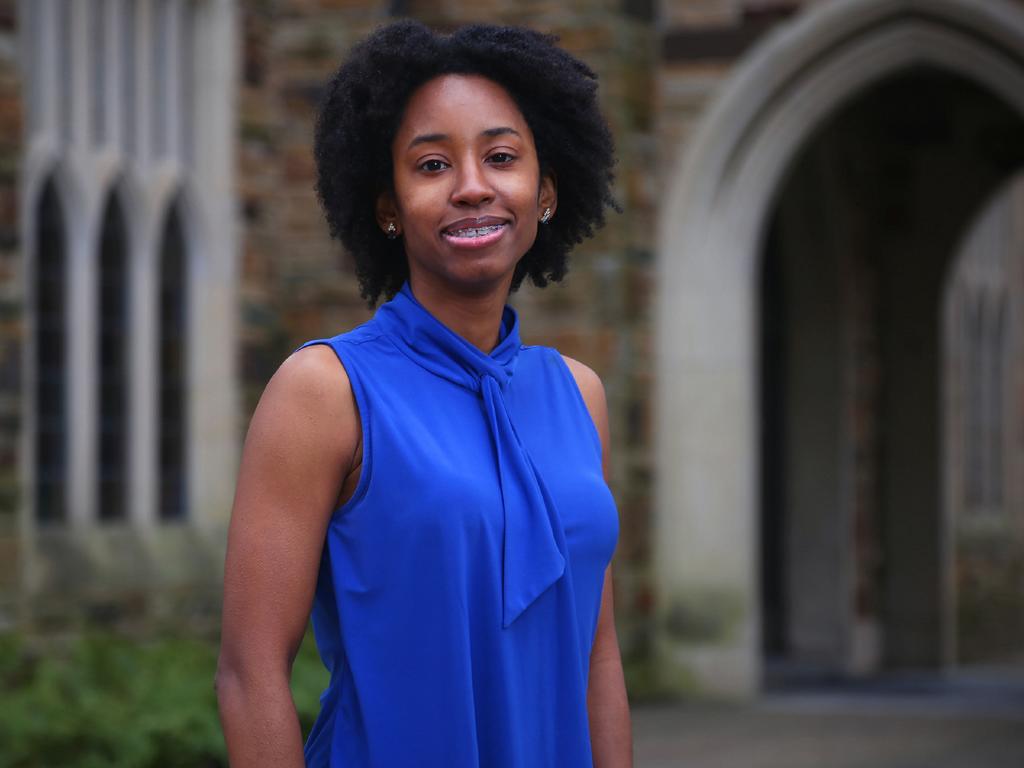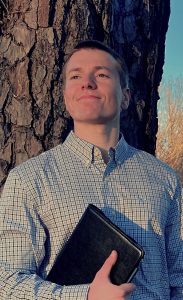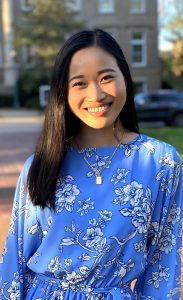Kwang S. Yun (1929-2022), an award-winning chemistry professor who taught at UM for 30 years, was known for his creative teaching methods and dedication to students. He received the Cora Lee Graham Outstanding Teacher of Freshmen award from the College of Liberal Arts, the 1981 Outstanding Teacher of the Year Award for the University (now known as the Elsie M. Hood Award), and the Phi Eta Sigma Honor Society’s Outstanding Teacher Award. Prof. Kwang Yun joined the Department of Chemistry in 1968 and taught general chemistry, physical chemistry, and graduate courses in quantum chemistry and statistical thermodynamics for 31 years. He was loved by his students and retired in June 1998, but still participated in physical chemistry divisional activities up until 2020.

Prof. Emeritus Kwang S. Yun (1929-2022)
Originally from Seoul, Korea, Yun received a B.A. in chemistry from Seoul National University before serving in the Republic of Korea Army from 1953 to 1955 and earning a Ph.D. in chemistry from the University of Cincinnati in 1960. “I had the great pleasure of teaching the freshman chemistry course,” Yun said. “Students in this class were mostly pre-med, pre-pharmacy or engineering students who were well motivated and eager to learn new and advanced concepts in chemistry. For more than 30 years of teaching this course, I have nothing but good memories.”
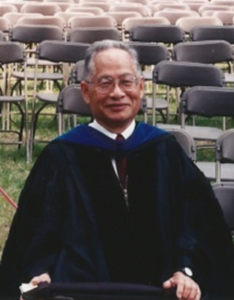
Prof. Emeritus Kwang S. Yun at a University of Mississippi commencement
Yun had several memorable moments from the classroom. “I gave weekly live demonstrations related to the subjects of the week,” he said. “Students enjoyed the demonstrations, but I had a few embarrassing moments with burning hair, burning neckties, falling from ladders and so on.”
The effectiveness of Yun’s teaching is evident. “More than 6,000 students passed through my freshman classes during my years of teaching, which generated many well-known doctors and pharmacists,” Yun said a few years ago. “I see them often.”
“When I was an undergraduate chemistry student, he was the first chemistry professor I took that made sense,” Associate Dean Emeritus for Research & Graduate Education and Distinguished Professor Emeritus Charles Hussey said. “He knew how to teach. When I was in his class, I was always very comfortable — he explained concepts like no one else.”
It was indeed a high priority for Yun to successfully convey the material that he was teaching. “I held weekly help sessions and enjoyed the recitations because it was a ‘free question-and-answer period’ where students felt comfortable asking any questions,” he said. “Because my main interest in teaching was to provide students knowledge and excitement in science, I always approached students not in terms of my level of understanding but at the student’s level. I used to say to myself, ‘If a student does not comprehend an idea, it is my fault and not the student’s.’” Prof. Randy Wadkins had Yun as a teacher while he was at Ole Miss as an undergraduate and a graduate student. Wadkins recently indicated that “What might not be appreciated is that Dr. Yun also taught math. I kept all the notes from his class all these years.” It is evident Dr. Yun holds a special place in the hearts of his former students and was well respected by his colleagues. He taught chemistry and helped many students prepare to pursue their careers in medicine, pharmacy, science, and other fields. He was a favorite teacher because he really cared about his students and was always willing to help them succeed.
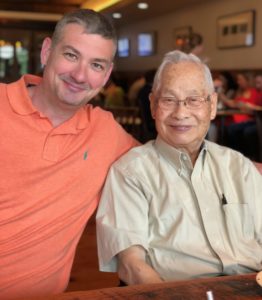
Profs. Nathan Hammer and Kwang Yun in 2018
Prof. Dan Mattern was a colleague of Yun for a number of years in the department. Mattern recently said “I too am saddened by the loss of Kwang, who was always upbeat, enthusiastic, and smiling. He was also very precise in his teaching of chemistry, and his classes appreciated his careful explanations, and his consideration for his students. After he retired, he took up oil painting, with landscapes and scenes around Oxford–quite a switch from physical chemistry. A couple of years ago, he told me about his schooling under the Japanese occupation of Korea. All the instruction was in Japanese, and the teachers were rigid, but not mean. One day he went to school, and the entire teaching staff was gone. Japan had withdrawn from Korea, and that included leaving the schools, overnight. I’m always impressed with people who have to switch languages when they immigrate. Kwang had to switch from Korean to Japanese, and then to English. We will miss him.”
Long after his official retirement from the University in 1998, Yun continued to come to campus and check out books from the library to read. Prof. Nathan Hammer shared that Dr. Yun also continued to perform spectroscopy experiments alongside undergraduate and graduate students in his lab up until just a few years ago. Hammer said “Prof. Yun loved science and being in the lab. He gave lectures to our Summer Research Experience for Undergraduates (REU) program on classical physical chemistry concepts and really enjoyed attending physical chemistry division social event. The students loved learning from his lifelong experiences and always looked forward to him bringing watermelons to our end of summer REU party.”
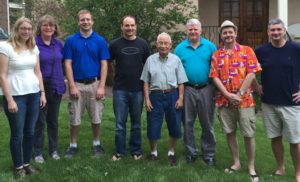
REU Faculty in Summer 2016 with Prof. Yun in the center.
Dr. Yun was also interviewed in 2019 by Bonnie Brown for HottyToddy.com and this interview is below.
Brown: Where did you grow up? Please talk about your childhood, family, and siblings.
Yun: I was born in Seoul, South Korea in 1929. I remember that I lived with my grandparents and my parents with five sisters. My sisters and I all emigrated to the United States. Two sisters are deceased. One lives near Chicago, one in Long Island, and the other in Detroit. My wife and I have one daughter who lives in Portland, Oregon.
Brown: Where did you go to school?
Yun: In 1936, I entered an elementary school near my home in Seoul several blocks away. I enrolled in a middle school (7th to 10th grades) which was about two miles away from my home. Those are from 1942 to 1946. Since Korea was a colony under the Japanese, we have to take the Japanese educational system; everything was taught in Japanese but I learned Korean from my parents.

Dr. Yun’s Family – April 1936 with his sisters, his parents (back row), Grandparents (middle row); Dr. Yun is pictured standing in the center.
In 1946, after the end of World War II, we became independent from Japan. I entered a preparatory school which was a part of the Seoul National University. This prep school was similar to a German gymnasium system (a type of school with a strong emphasis on academic learning) enforcing math and foreign languages. I had two years of high school just after the Japanese left Korea.
I advanced to an undergraduate program as a chemistry major and finished my undergraduate degree in 1952 which was during the Korean conflict. I was drafted and served two and a half years in the South Korean Army and was discharged in 1955.
I was admitted to the University of Cincinnati in 1956 and completed a Ph.D. degree in 1961.
Brown: How did you choose the University of Cincinnati?
Yun: From 1946 until 1952, Korea depended on U.S. aid in the national public schools. Much of that aid was in the form of army supplies—educational manuals used in the military. My freshmen through senior high school years, we studied English text. I didn’t know anything about the various colleges. But in my sophomore year, I took organic chemistry and the textbook author was from the University of Cincinnati, so I thought that would be a good place to study.
Brown: What subjects were hardest for you in school?

Mrs. Yun with Dr. Yun on the occasion of his retirement in 1998.
Yun: The difficult subjects for me were physics and mathematics.
Brown: Who influenced your career choice?
Yun: My father, who suggested that I should study science but not law. My father was a merchant who had two years of college. I was 27 when I started my graduate work at the University of Cincinnati. My wife went to LSU but later attended Ohio State.
Brown: Tell us how/when your Ole Miss “story” began? Who hired you? How long did you work at Ole Miss?
Yun: I had two post-doctoral positions—one at the University of Maryland and the second one at the Research Council Lab in Canada. Since the post-doctoral positions were not renewable, I began to look for a teaching position. I had several offers, but the offer from Ole Miss was the best. Dr. Robert B. Scott, Jr, Chair of the Chemistry Department hired me. Dr. Andrew Stefani recommended me. Dr. Scott was my Department Chair but he also became my friend. He and his wife, Russell, helped me and my wife a lot, teaching us about Southern culture. I joined the Department of Chemistry in 1968 and taught general chemistry, physical chemistry, and graduate courses in quantum chemistry and statistical thermodynamics for 31 years. I retired in June 1998.
Brown: What did you know about Ole Miss before you accepted a position here?
Yun: The only information I had was the information provided by the American Chemical Society. So I didn’t know much about the university before I arrived. When I came to Oxford, there were about 5,000 students. My wife and I lived in Northgate Apartments on campus (faculty and staff housing). I remember the first person who helped me was Mrs. Margaret Fields. She was very kind and very helpful.

L-R, Mrs. Yun, Dr. Yun, Connie Flake (Oxford artist) and her husband, Tim Flake.
Brown: Describe your most memorable days at work.
Yun: Teaching a large class of freshmen, fresh from their high school was challenging. That was some experience! For the first two years, I was assigned smaller classes because I was less experienced. However, after that I got the large freshmen classes.
Brown: What do you consider to be the highlight of your career?
Yun: In 1981, I received the Elsie M. Hood Outstanding Teacher Award. I also received the Cora Lee Graham Outstanding Teacher of Freshmen award from the College of Liberal Arts and the Phi Eta Sigma Honor Society’s Outstanding Teacher Award.
Brown: What accomplishment are you most proud of?
Yun: Teaching! There have been more than 6,000 students who went through my classes during my years of teaching, which generated many well-known doctors and pharmacists.
Brown: If there was something in your past you were able to go back and do differently, what would that be?
Yun: Be nice to under-prepared students. I didn’t mind repeating answers to questions. Repetition in the explanation is a virtue. I was willing to repeat it until the students understood the concept.
Brown: What is the best advice you ever received?

Dr. & Mrs. Yun pictured with one of his oil paintings. He has sold over 60 paintings.
Yun: Be patient and don’t jump to conclusions.
Brown: If you could have an all-expenses paid trip to see any famous world monument, which monument would you choose?
Yun: I’d travel to the Canadian Rockies. It’s so beautiful there! I lived in Canada and Boulder, Colorado. I loved visiting Estes Park and other sites each weekend.
Brown: What do you do to improve your mood when you are in a bad mood?
Yun: Listen to classical music.
Brown: Tell us something about yourself that not many people may know.
Yun: I used to do oil painting, landscapes. I took lessons from Oxford artist Connie Flake around 1985. I also enjoyed getting to know Clarksdale native Jason Bouldin, son of portrait artist Marshall Bouldin. Jason was a freshman in my chemistry class and came to me to tell me at the end of his freshman year that he was going to Harvard to major in art history. Jason has followed in his father’s footsteps and has become a noted artist in his own right. I no longer paint but I enjoyed it very much.
Brown: What gives you great joy?
Yun: Reading and listening to music. I like reading old classics. I like German novels of the 18th and 19th centuries. I like reading about human history, the creation of the university, etc. And I love listening to classical music.
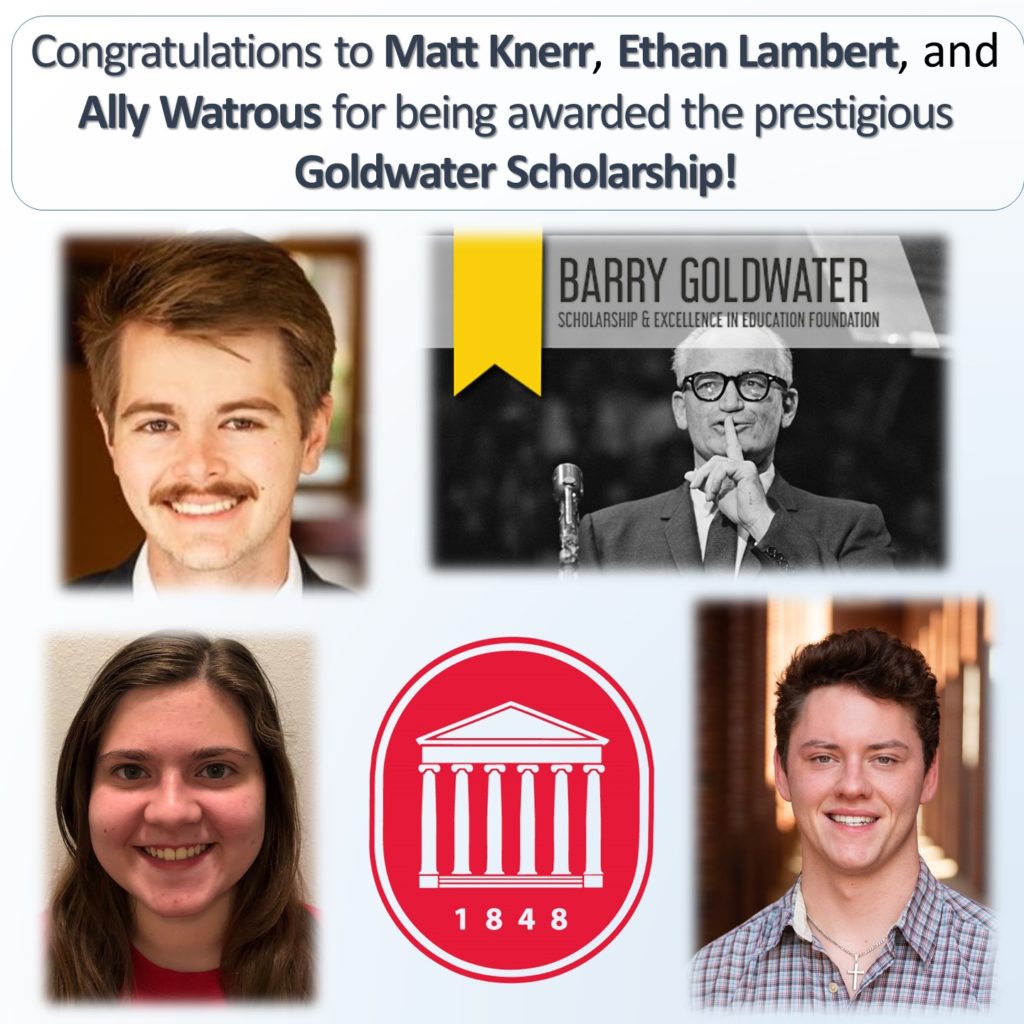
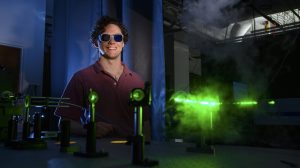
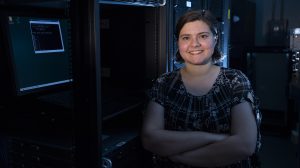
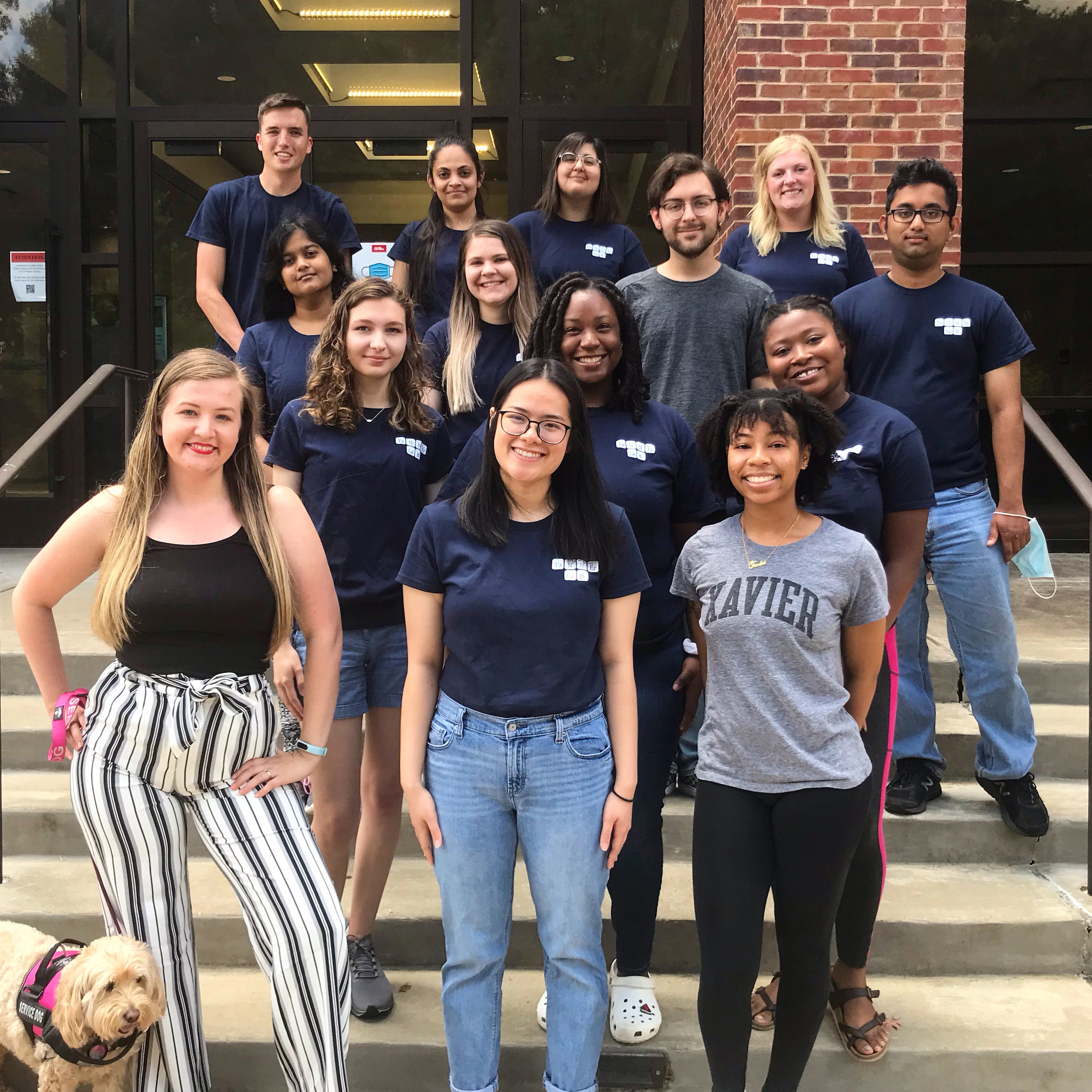
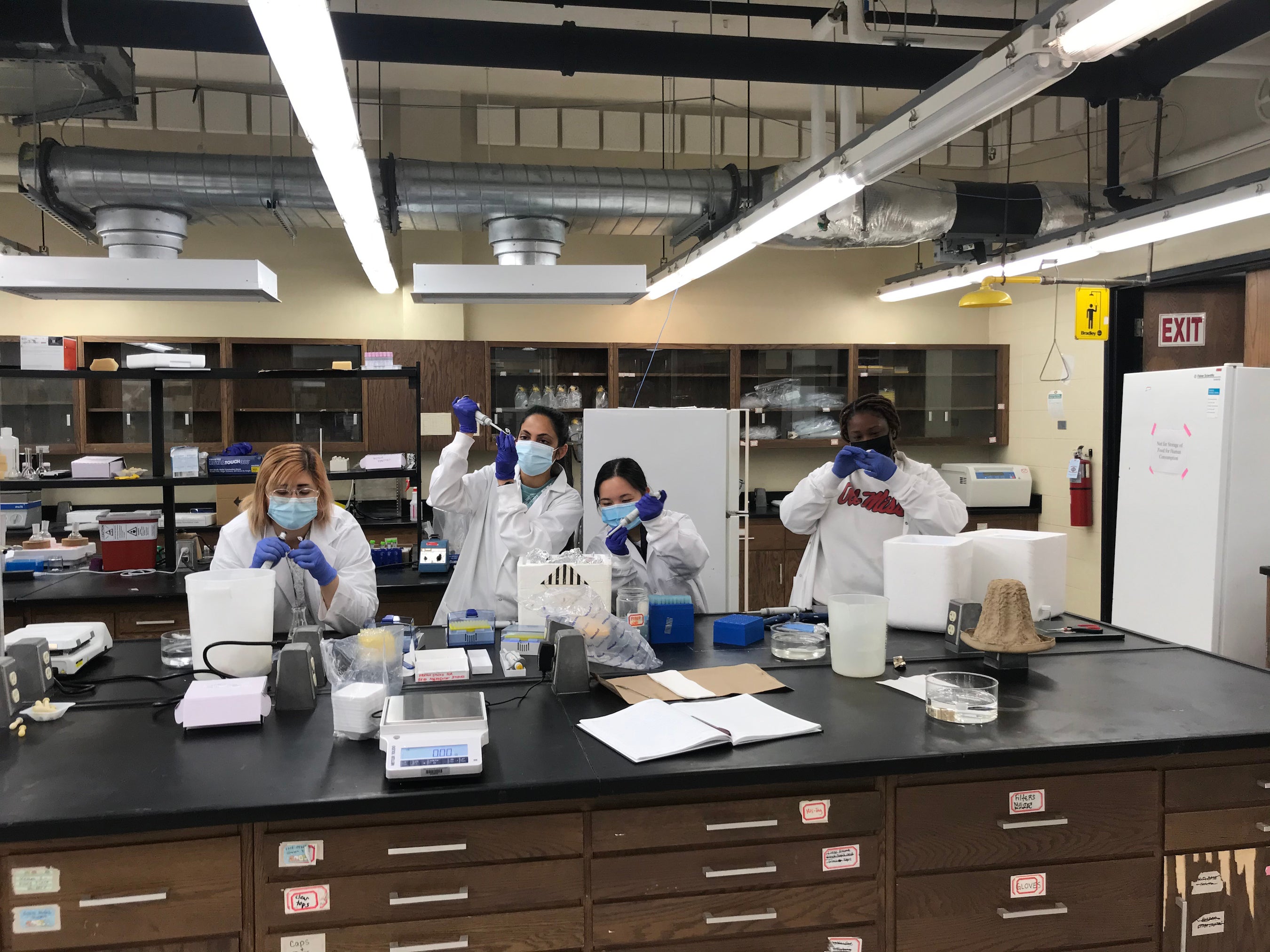
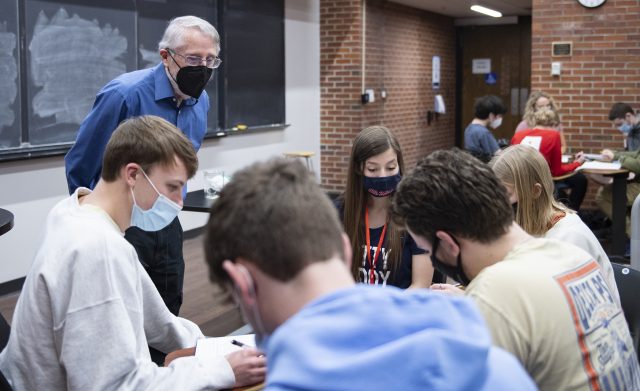
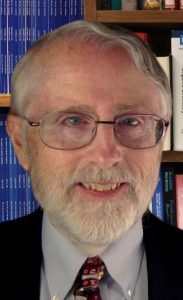
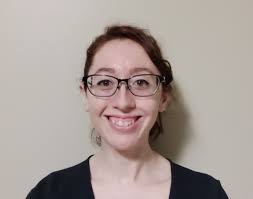 And the winner is … Kendall Wontor! This year’s Three Minute Thesis (3MT®) overall winner is Kendall Wontor, a doctoral student in chemistry. Wontor’s research focuses on microplastics in oysters, with several different aspects to her overall research project.
And the winner is … Kendall Wontor! This year’s Three Minute Thesis (3MT®) overall winner is Kendall Wontor, a doctoral student in chemistry. Wontor’s research focuses on microplastics in oysters, with several different aspects to her overall research project.